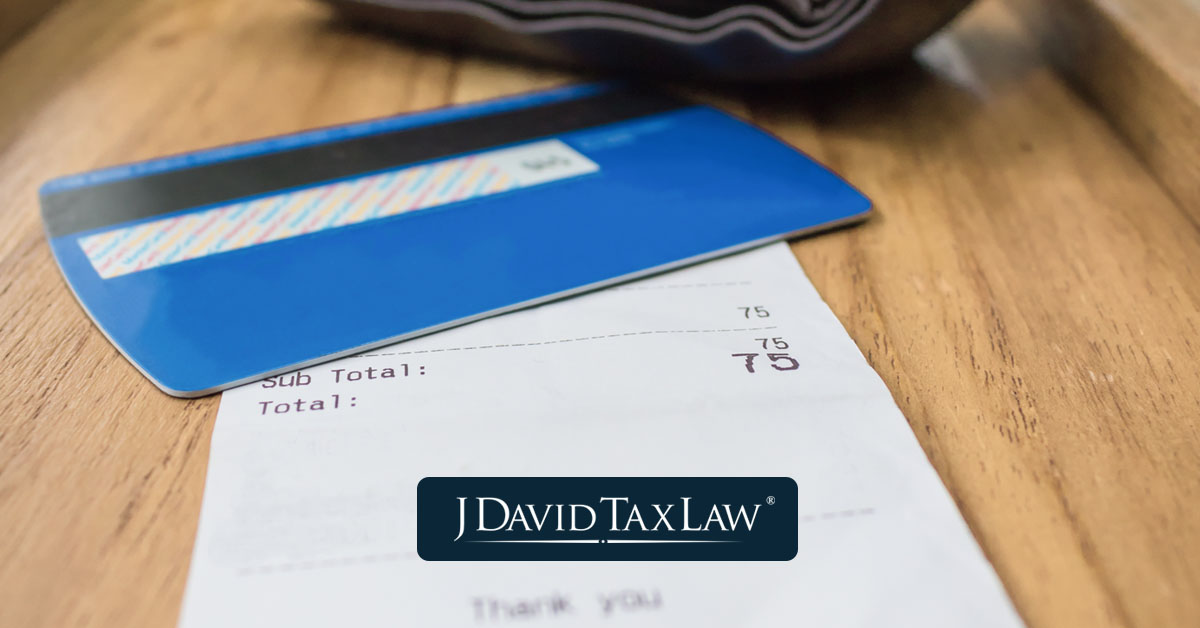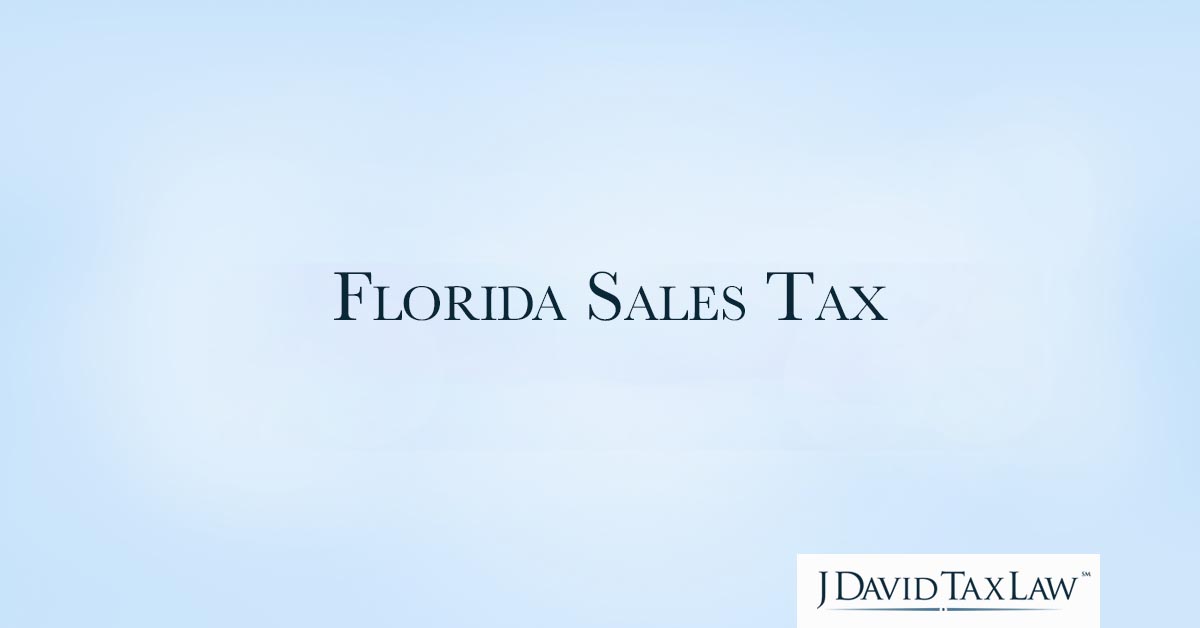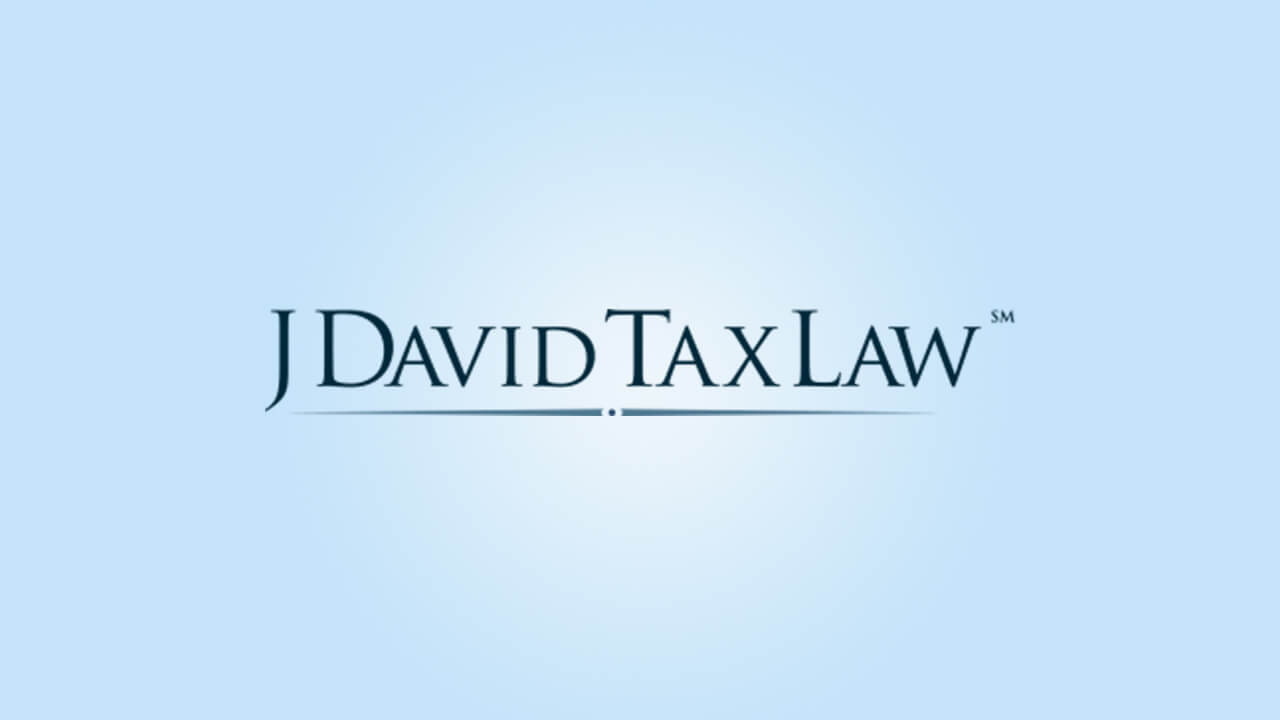New Guidelines for 2021 & 2022 Meals & Entertainment Expenses

New Guidelines for 2021 & 2022 Meals & Entertainment Expenses
You may believe the lunch you take every day during your labor hours or the miles you spend going to work should be an acceptable expense of your business or self-employed income. While it seems acceptable, the IRS has very specific guidelines as to what is an allowed expense on your tax returns. The guidelines the IRS uses are established in publication 463, and these guidelines are reviewed by the IRS on an annual basis.
When traveling for business purposes or if the meal has any business purpose, the meals that are consumed are 50% deductible. The expenses at each meal should be ordinary and necessary, and there should be no extravagant expenses in the deductions. Also, the deductions should be adequate for the type of business industry you are in. When you are outside of Orlando, FL for business, you can take 100% of the transportation expenses, as well as 50% of the meal expenses.
When it comes to transportation expenses, you are allowed to deduct the actual gas, maintenance, and other related expenses provided you keep good accounting records. Alternatively, you can keep the mileage records for the miles used for business purposes and then multiply it by the standard mileage rate that the IRS sets each year. In 2021, the mileage rate for each mile spent is .56. The mileage you spent from home to your typical place of business is never a deductible expense.
For those times where meals are for business purposes and a person representing the business is present, 50% of the meal expenses can be deducted. As a result of the COVID-19 impact on restaurants and to help improve their income, new legislation was issued regarding meal expenses for the 2021 tax year. During 2021 and 2022, under the new tax law, Orlando business owners and self-employed individuals will be allowed to take a 100% deduction for business meals expenses.
In every instance, we should keep the receipts for a period of three (3) years for meals while traveling for business and for meals with clients or consultants. Also, a record of the name of the client or consultant and the business purpose of the meal should be kept. It is also recommended to designate a specific credit card for this kind of expense.
Further, following the Tax Cuts and Jobs Act of 2017, the entertainment expense that was previously allowed is no longer available.
Our Orlando Tax Attorneys Can Help with an IRS Audit
If you have received a letter from the IRS indicating that you will be audited because of the meals & entertainment expenses taken on your self-employed or business tax return, contact J David Tax Law in Orlando, FL today for a no-cost, no-obligation consultation, and immediate representation.
Categories
Featured Articles

Meet Jonathan David Sooriash
He is the founder and Managing Partner of J. David Tax LawSM. He is the winner of the 2019 Ultimate Tax Attorney awarded by the Jacksonville Business Journal. This award recognizes law firms and attorneys who show exemplary professional talent and skill while demonstrating superior client care, leadership, charitable concern, and civic engagement. Jonathan graduated from Chapman University School of Law. He has practiced law since 2011.









